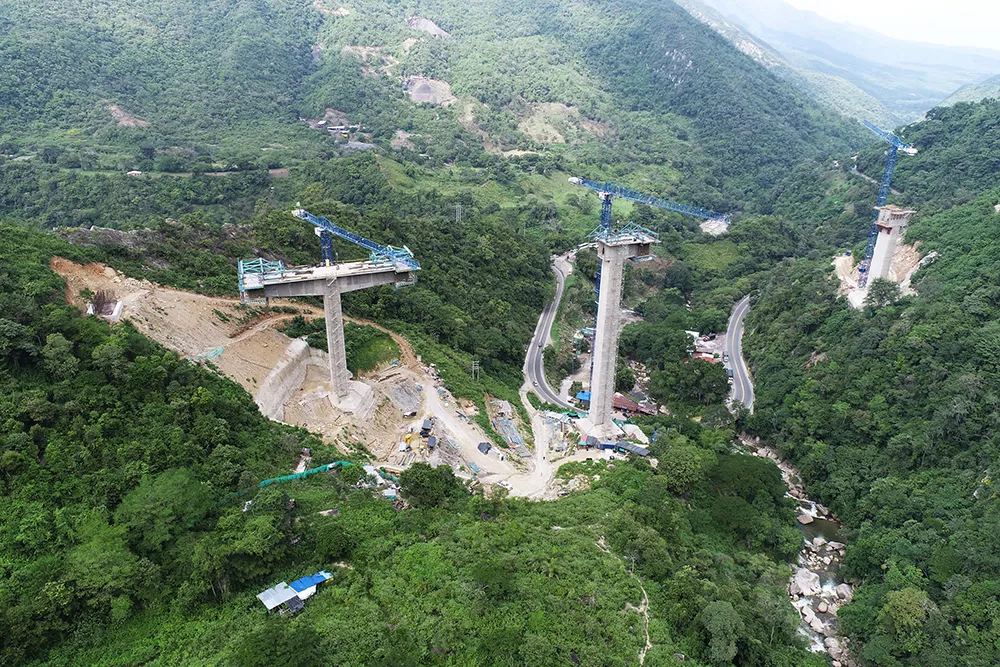
A Stress Absorbing Membrane Interlayer is delivering stronger, safer and more reliable surfaces for the UK’s M3 Smart Motorways project in the southern England.
More than 130,000 vehicles use the M3 between Junctions 2 (Thorpe and the M25 motorway) and 4a (Farnborough) every day.
As part of
Construction began on site in January 2015. Asphalt surfacing contractor
“The road is in poor condition, the result of reflective cracking of the asphalt, due to movement of the underlying layers that are made up of both lean mix concrete and bituminous road base,” says Tarmac project manager Barrie Farquhar. “Repairs were needed to strengthen the road and to prevent further cracking, which could have led to water ingress and further deterioration of the concrete.”
Highways England needed a pavement solution that would reduce initial costs, increase service life, as well as minimise maintenance and future disruption.
Consultant
“The SAMI adds tensile stiffness, increasing pavement strength at low strain and mitigating reflective cracking from both traffic-induced stress and from defects in the underlying pavement structure. It also acts as a moisture barrier,” explains Tensar Highways manager Craig Andrews. “This low-maintenance solution will extend the operating life of the pavement, reducing whole-life costs.”
A total of 300,000m2 of Tensar’s Glasstex P100 composite is being laid by Foster Contracting, on both the northbound and southbound carriageways, along the 26km stretch of road – a total of 52km. This composite of glass yarn grid and paving fabric forms an interlayer between the fractured substrate and the asphalt overlay.
“Glasstex adheres to the underlying pavement structure using a straight run bitumen (160/220 pen) bond coat, with a calibrated spray rate of 1.1kg/m², to activate both stress relief and interlayer barrier functions [as given by BS EN 15381: 2008], with reinforcement provided by the grid,” Andrews says.
“Combined with Tarmac’s Ultilayer polymer-modified binder course, this delivers maximum possible crack resistance and durability.”
An added benefit of installing a SAMI Glasstex solution on motorway projects is speed, Andrews adds. “Work typically has to be carried out at night, which obviously limits the amount of time available. Using Glasstex means the reconstruction depth is far shallower. On the M3 it is just 120-150mm, rather than a minimum 360mm with a standard approach, which obviously saves time and, as a result, construction costs.”
With surfacing work progressing well and half the new gantries installed by the summer, the M3 Smart Motorway project looks to be on target to finish as planned in June 2017.







